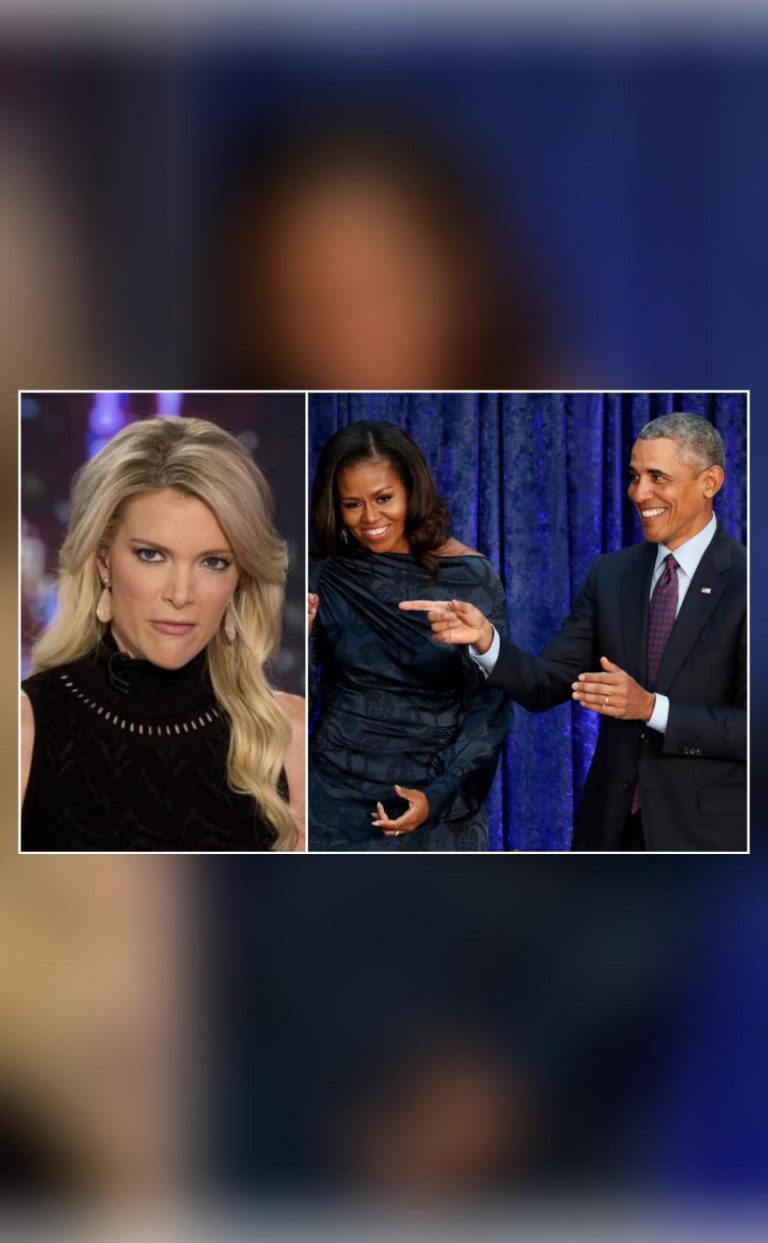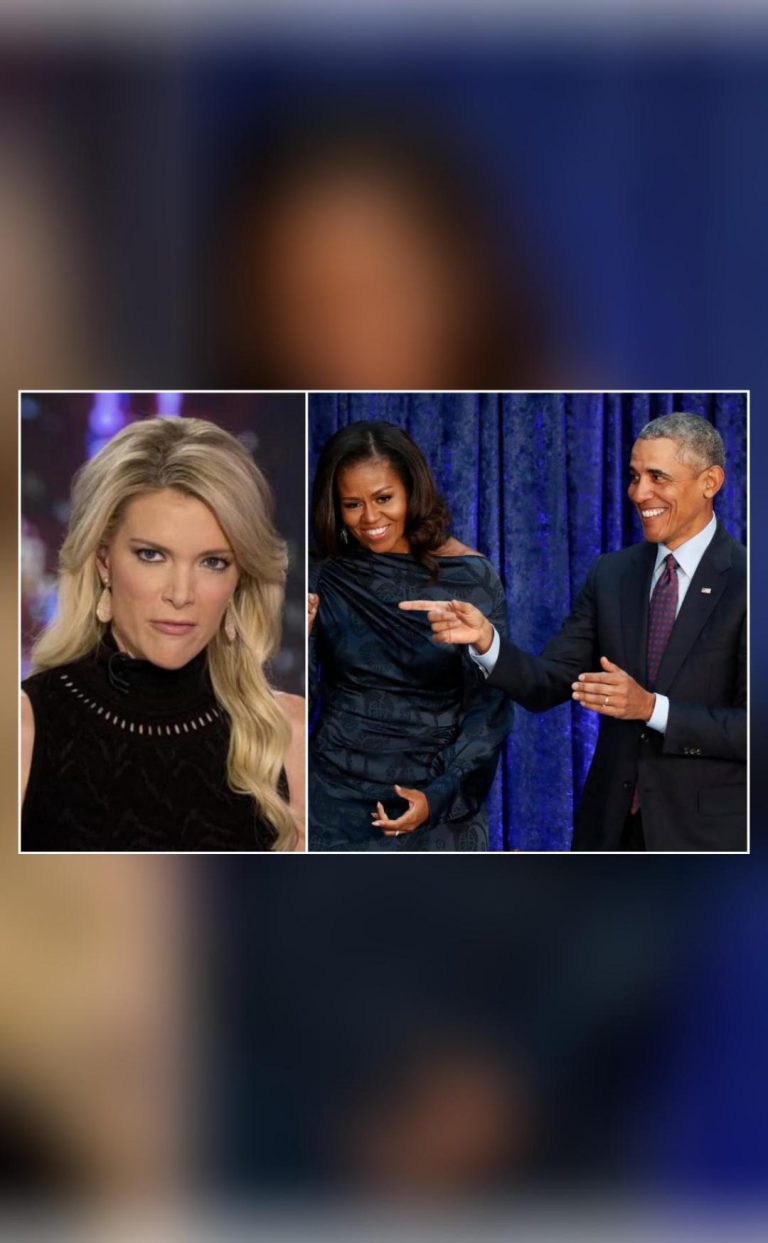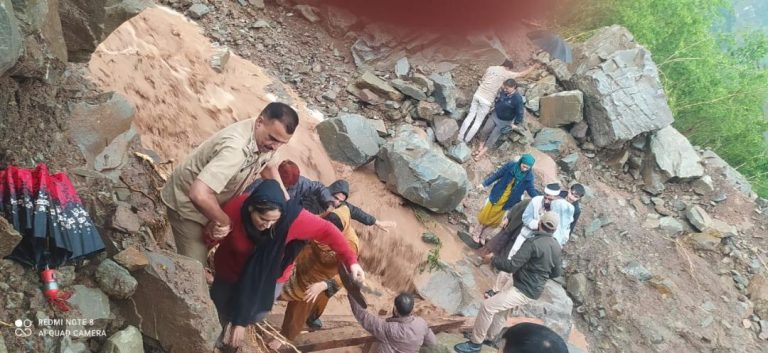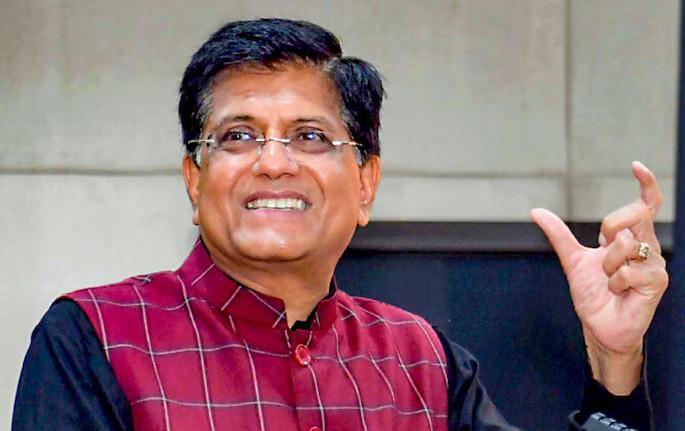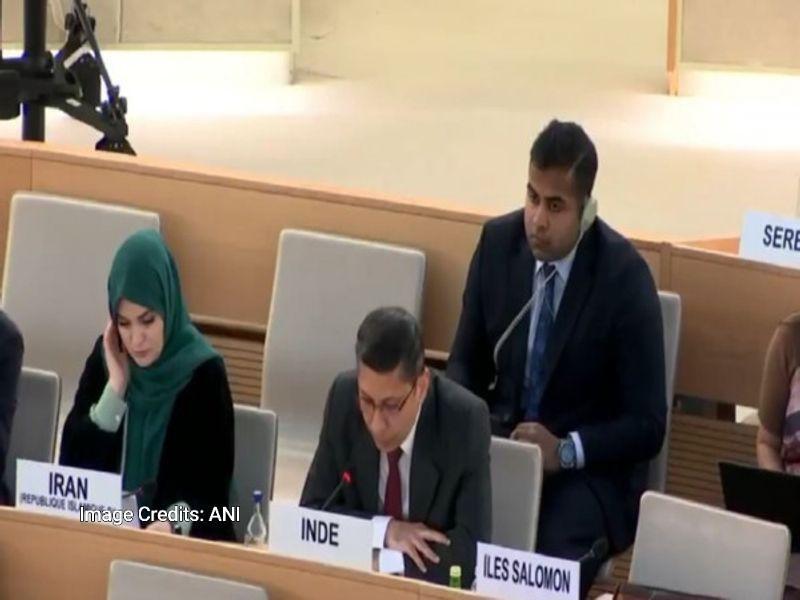
Unfounded, Baseless: India on UNHRC Chief Remarks on J&K, Manipur
The Indian government has strongly reacted to the recent statement made by the United Nations High Commissioner for Human Rights (UNHRC) chief, Volker Türk, on Jammu and Kashmir (J&K) and Manipur. India’s permanent representative to the United Nations, Arindam Bagchi, has termed the remarks as “unfounded and baseless”. The UNHRC chief had expressed concerns over the restrictive laws in J&K and called for addressing violence in Manipur.
In his statement, Volker Türk had said that the situation in J&K is “precarious” and that the restrictive laws in place are “limiting the enjoyment of human rights”. He also called for addressing the violence in Manipur, which has been plagued by insurgency and violence for decades. However, India has vehemently rejected these remarks, calling them “cherry-picking” and “baseless”.
India’s permanent representative to the UN, Arindam Bagchi, said that the world’s largest democracy continues to be a healthy, vibrant, and pluralistic society. He emphasized that India is committed to the promotion and protection of human rights, and that the government is taking all necessary measures to ensure the well-being of its citizens.
Bagchi also accused the UNHRC chief of selectively highlighting issues in J&K and Manipur, while ignoring the numerous human rights abuses that take place in other parts of the world. He said that the UNHRC chief’s statement is an example of “cherry-picking” and “double standards”.
India’s reaction to the UNHRC chief’s statement is not surprising. The Indian government has long been critical of the UN’s human rights mechanisms, which it believes are biased against it. India has also been critical of the UNHRC’s focus on human rights issues in J&K and Manipur, which it believes is an attempt to interfere in India’s internal affairs.
India’s stance on J&K has been a major point of contention between India and the UN. The UNHRC has repeatedly expressed concerns over the situation in J&K, which has been under lockdown since August 2019. The UN has called for the restoration of Article 370 of the Indian Constitution, which granted special status to J&K, and has also expressed concerns over the detention of political leaders and activists in the region.
Similarly, in Manipur, the UNHRC has expressed concerns over the human rights abuses that take place in the region. Manipur has been plagued by insurgency and violence for decades, and the UN has called for an end to the violence and for the government to take steps to protect the rights of the people.
However, India has rejected these concerns, saying that the situation in J&K and Manipur is complex and cannot be resolved by the UN. India has also accused the UNHRC of ignoring the human rights abuses that take place in other parts of the world, and of selectively highlighting issues in J&K and Manipur.
India’s reaction to the UNHRC chief’s statement highlights the tensions that exist between India and the UN over human rights issues. While the UNHRC chief has called for India to take steps to protect the rights of its citizens, India has rejected these calls, saying that it is committed to the promotion and protection of human rights.
In conclusion, India’s reaction to the UNHRC chief’s statement on J&K and Manipur is a clear indication of the tensions that exist between India and the UN over human rights issues. While the UNHRC chief has called for India to take steps to protect the rights of its citizens, India has rejected these calls, saying that it is committed to the promotion and protection of human rights.
